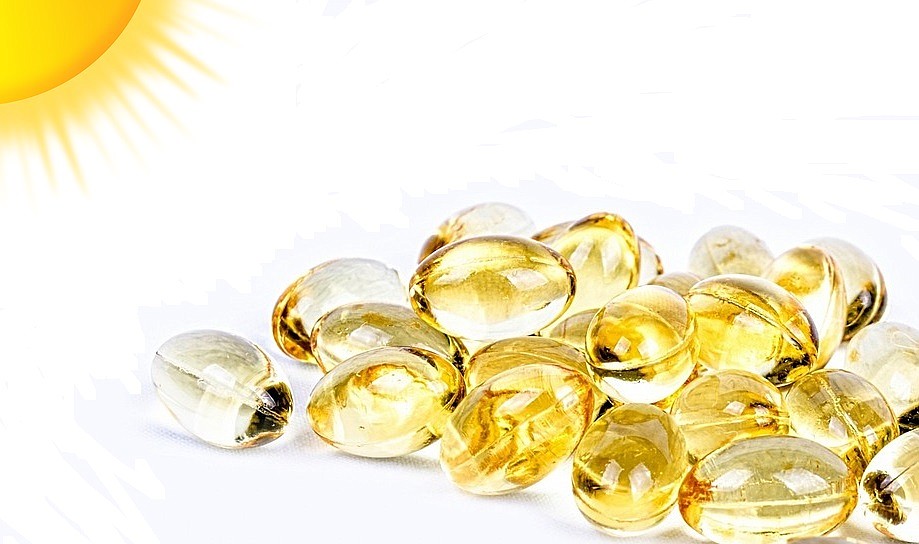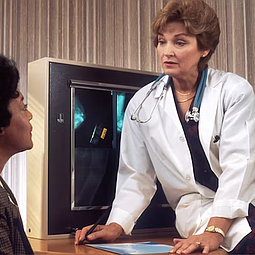COVID-19 News Update
May 23, 2023 at 4:05 p.m.
...by JOHN SCHIESZER
“The summer could be problematic, especially in the South,” said Hassig. “As this variant takes over, and it undoubtedly will as all of the more transmissible variants have, it's going to be peaking in a couple of months, June, July.”
So far, the CDC’s Region 6, which comprises Texas, Oklahoma, New Mexico, Arkansas and Louisiana, has seen the largest spread of Arcturus cases with the variant making up 21.3% of COVID cases. The spread of Arcturus comes one month before the expiration of the Public Health Emergency declared by the federal government during the initial COVID-19 pandemic.
With public testing efforts already vastly reduced, Hassig said “we may not recognize a surge as quickly as we might have historically, because we're not testing the way we used to.” Little is known about Arcturus thus far besides it being another highly transmissible variant. There have been reports of conjunctivitis associated with positive cases, with some individuals having itchy, sticky eyes. “It is not unusual that, as organisms mutate, they present some slightly different symptomatology, but the challenge is there are a lot of things that cause conjunctivitis,” Hassig said.
With testing down and vaccine rates unlikely to change dramatically, Hassig said it’s important for people to take safety protocols into their own hands to avoid infecting anyone, particularly those who are immune-compromised or have pre-existing conditions.
“Wear masks indoors, use rapid testing before seeing an older family member. We still need to be paying attention,” Hassig said. “We're still losing what will ultimately be 100,000 people a year to a totally preventable disease, a really unacceptable level of impact in my mind. So, be aware of who you’re interacting with, and if you're healthy, don’t potentially put people in your circle at risk by your own actions.”
The states with the lowest full vaccination rates in the country are Wyoming (52.8%); Alabama (52.9%); Mississippi (53.5%); Louisiana (54.8%), Tennessee (56.1%); Idaho (56.2%); Arkansas (56.6%); Georgia (56.9%), according to the most recent CDC data.
Treatments for COVID-19 are available and should be considered for people at increased risk for severe disease. They work best when given as soon as possible after symptoms start. Studies have increasingly found that patients with low vitamin D levels have a greater chance of COVID-19 infection, severe disease ,and death. Now, research led by scientists from Lankenau Institute for Medical Research (LIMR) in Pennsylvania points to an explanation for the link and provides evidence that higher Vitamin D intake can help fight off the disease.
The study indicates that vitamin D strengthens the lung lining, preventing COVID-19 as well as other viruses from penetrating the body’s airways to cause infection. Vitamin D may help reduce fluid leakage into the airways, which causes pneumonia.
“Your body is mostly sacs and tubes,” said senior author James Mullin, professor and director of research for Lankenau Medical Center’s gastroenterology division. “If their linings are in good shape, you're in good shape. If they're leaking and fail to provide a proper barrier, it's a problem. When you have a respiratory infection, that means the barrier in your lungs is leaking. Our research gives evidence that Vitamin D strengthens the barrier function of the lung lining, likely helping to prevent or stop an infection.”
The researchers found vitamin D increased barrier function by up to 40%. Published literature has indicated that patients with vitamin D deficiency are five times more likely to become infected by COVID-19. “The benefits, however, are so clear and the risks so minimal that we believe physicians should be recommending supplemental vitamin D right away,” Mullin said. “Cytokine storms, where the body’s immune response kicks into overdrive and can result in severe disease and death in COVID, compromise the body’s airway barrier function. We already know from past studies that vitamin D blunts cytokine storms in cases of flu. In cases of COVID-19, vitamin D therapy may allow time for a patient’s own immune defenses to kick in before it’s too late.”
Staying home when sick, washing hands, and improving ventilation can protect you, your family, and the community from COVID-19 and other infectious diseases. The current guidelines call for staying home if you think you might be sick with a respiratory virus, even if your symptoms are mild. People with COVID-19 should isolate for at least 5 full days and should wear a mask after leaving isolation. People who have been exposed to COVID-19 should wear a mask for at least 10 full days and get tested at least 5 full days after exposure.
 John Schieszer is an award-winning national journalist and radio and podcast broadcaster of The Medical Minute. He can be reached at medicalminutes@gmail.com.
John Schieszer is an award-winning national journalist and radio and podcast broadcaster of The Medical Minute. He can be reached at medicalminutes@gmail.com. 




